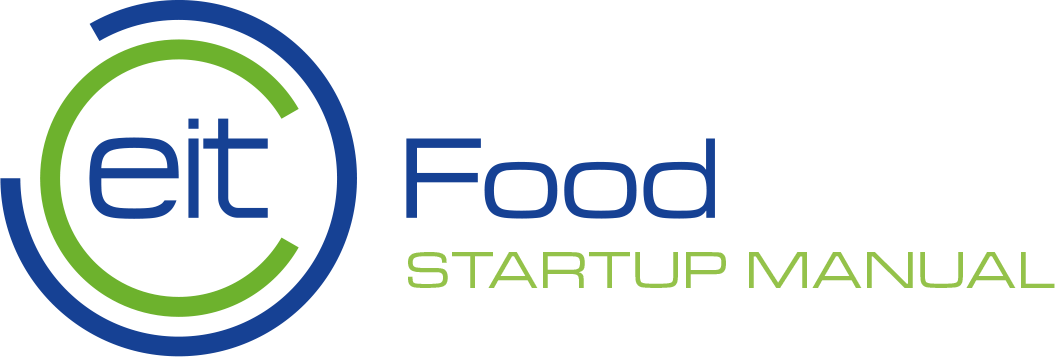Module 4 - The legal stuff...
4. Non-food specific legal aspects
General compliance
Make sure you understand how all aspects of your business are governed. You may need to research regulations around land use, emissions and waste disposal. When you’re creating innovative business models and products, it may be that regulations are still in development or that there are no regulations relevant to your innovation – making your job with regard to compliance more challenging. For instance, when GrowUp Urban Farms developed its first aquaponic farm,
it encountered challenges around fish farming in an urban environment. It wasn’t something the local authorities had had to deal with in the past. Similarly, companies developing lab-grown meat alternatives may face challenges around how to legally launch their products on the market as they don’t fall under traditional farming regulations.

Commercial agreements
Another aspect you need to become familiar with is commercial agreements. These are contracts between your business and your suppliers, customers and other partners. Read these carefully and don’t be afraid to ask for legal help if you’re feeling overwhelmed by something a more established party has offered. These agreements establish what is going to be done, agree on pricing, and establish what happens if what is laid out in the contract is not done. It’s important to be detailed in specifying expectations on quality but try to keep some flexibility and avoid being tied to contracts for long periods of time as your business will evolve and your situation will change. Some business might be conducted without these agreements. For instance, it’s (unfortunately) quite common for large retailers not to have contracts with their suppliers.
Anti-discrimination and Code of Ethics policies There are many things you need to consider when building a healthy, happy working culture, but the very minimum would be ensuring that no one is subject to discrimination or harassment at the workplace, and that there is a Code of Ethics. You can find templates here and here.
Data protection
The latest regulation around data protection is GDPR, you were probably spammed by endless emails in 2018 telling you businesses had updated their privacy policies and asking you to confirm whether you wanted to remain signed up to their newsletter. There are plenty of resources to brush on GDPR and if you use services like Mailchimp, they will tend to take care of compliance for you. In short, if you’re collecting other people’s information, make sure you have their consent to do so and use it in ways that they agree to. You are also obliged to protect their information.
Insurance
The type of cover you require depends on what country and location you’re in, and what your business is about. Make sure you understand what is required (as well as advised) for your type of operations. You’ll probably require public liability insurance, product liability insurance and employee insurance. These tend not to be too expensive and are easy to sort out.
Employees
If you have employees, you will have statutory requirements relating to them including providing a safe workplace, social contributions and many other considerations. This of course varies greatly from country to country so has been left out of this manual.
Getting legal help: Available resources for startups
Lawyers tend to be expensive but there are different options available to make legal compliance more affordable along the way. Whilst we don’t advocate doing it all yourself (there are times where you absolutely need to hire proper legal help such as if you take on equity investment), there are instances where it’s better to save your cash and go DIY.
- Online resources: websites like RocketLawyer and LinkiLaw offer legal services at affordable prices. The platforms are populated with templates which are filled by questions you answer online. And if in doubt, they have teams of real lawyers at hand to help with additional queries or to clarify outstanding issues. Sound advice for a fraction of the price.
- Pro bono or cheaper lawyers: you might find access to pro bono services or cheaper lawyers via accelerators and incubators, or any other startup scheme you take part in. For instance, for startups based in Southern or Eastern Europe, EIT Food has a service whereby entrepreneurs can access free legal service to help with queries around IP, company registration and early-stage legal queries
(contact startups@eitfood.eu for more information if this applies to you). - National Intellectual Property Offices: their websites are good places to find out what you need to do specifically in your country with regards to IP and some of them provide support for startups as well
- Novel food catalogue: allows you to see what is classified as a novel food in the European union should this apply to your startup.

